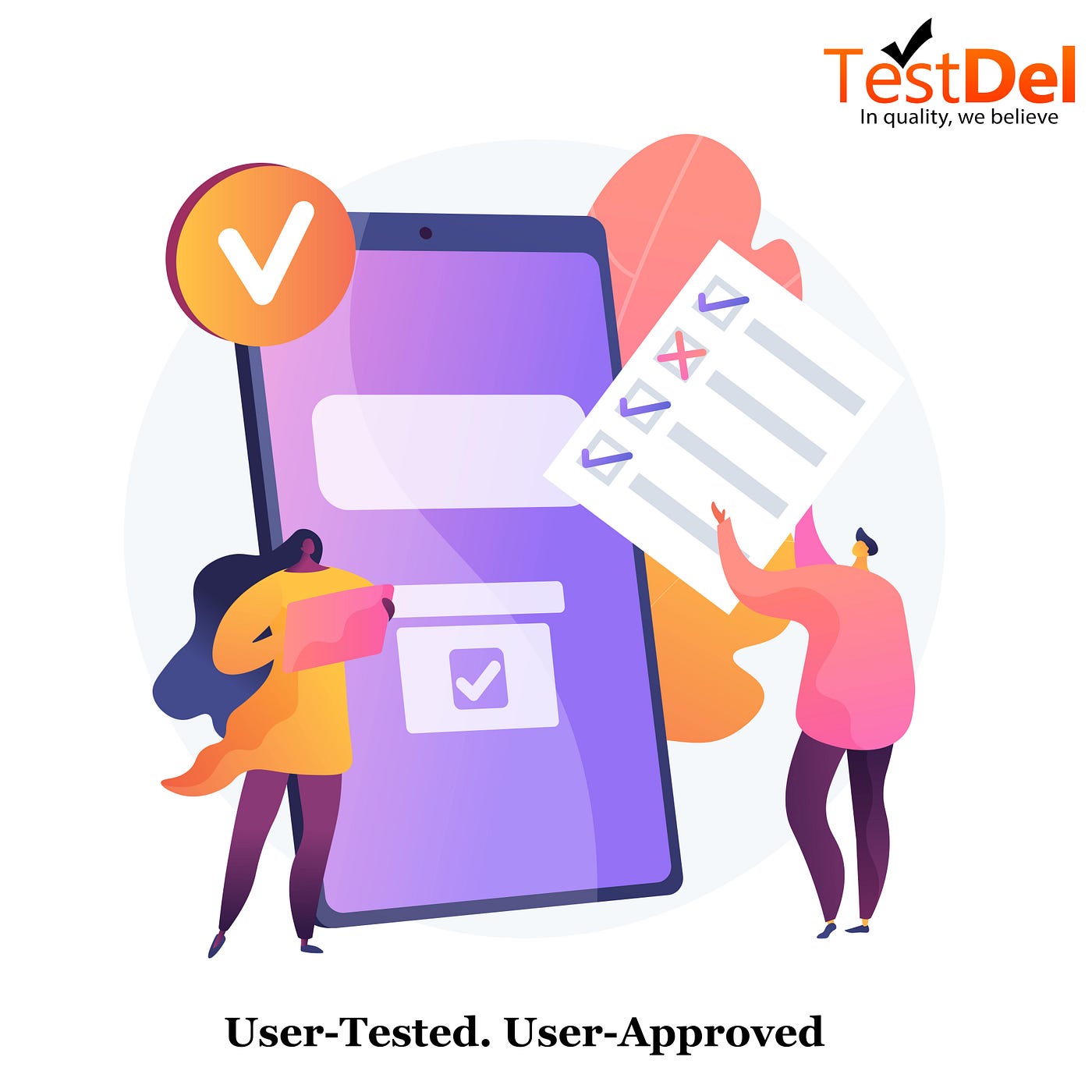- June 9, 2024
- by Mariyam Arshad
- Mobile App Development
- 0 Comments
Securing Your Mobile App: Best Practices from Dev Ring
Mobile apps have become an integral part of our daily lives, providing us with convenient access to information, services, and entertainment. However, with the increasing use of mobile apps, the importance of security cannot be overstated. In today’s digital landscape, securing your mobile app is essential to protect user data, prevent unauthorized access, and maintain the trust of your users. At Dev Ring, we understand the importance of mobile app security and are here to share our best practices for securing your mobile app.
1. Use Secure Authentication: Implement strong authentication mechanisms, such as biometric authentication (e.g., fingerprint, face recognition) or two-factor authentication (2FA), to ensure that only authorized users can access your app.
2. Encrypt Data: Encrypt sensitive data, both in transit and at rest, to protect it from unauthorized access. Use strong encryption algorithms, such as AES (Advanced Encryption Standard), to ensure the security of your data.
3. Secure APIs: If your app communicates with a backend server or third-party APIs, ensure that these APIs are secure. Use authentication, encryption, and rate limiting to protect against unauthorized access and API abuse.
4. Use Secure Libraries and Dependencies: Use reputable libraries and dependencies in your app development to reduce the risk of vulnerabilities. Keep your libraries and dependencies up to date to protect against known security vulnerabilities.
5. Implement App Hardening Techniques: Use app hardening techniques, such as obfuscation and code minification, to make it more difficult for attackers to reverse engineer your app and extract sensitive information.
6. Regular Security Audits and Penetration Testing: Conduct regular security audits and penetration testing to identify and address security vulnerabilities in your app. This will help you identify and mitigate potential security risks before they can be exploited by attackers.
7. Secure Offline Storage: If your app stores data locally on the device, ensure that this data is encrypted and securely stored. Use secure storage mechanisms provided by the mobile operating system, such as Keychain on iOS and Keystore on Android.
8. Educate Users About Security: Educate your users about the importance of mobile app security and encourage them to use strong, unique passwords and enable security features such as biometric authentication.
Conclusion
In conclusion, securing your mobile app is crucial to protect user data, prevent unauthorized access, and maintain the trust of your users. By following these best practices from Dev Ring, you can enhance the security of your mobile app and provide a safer user experience. Contact us today to learn more about our mobile app development services and how we can help you secure your app.





